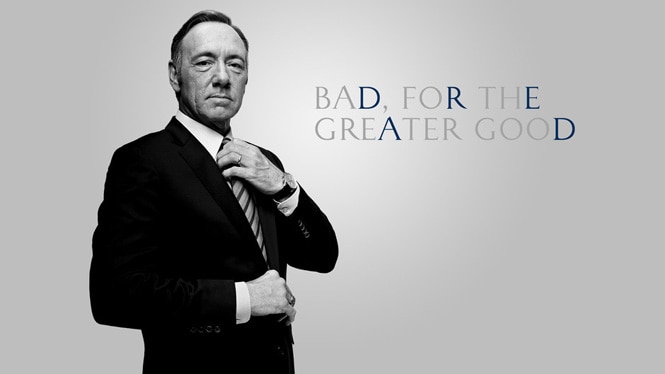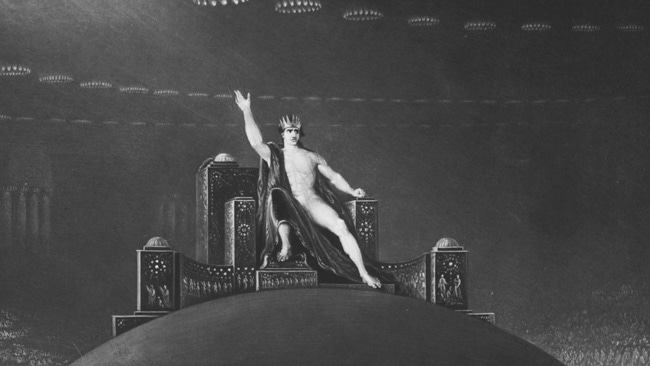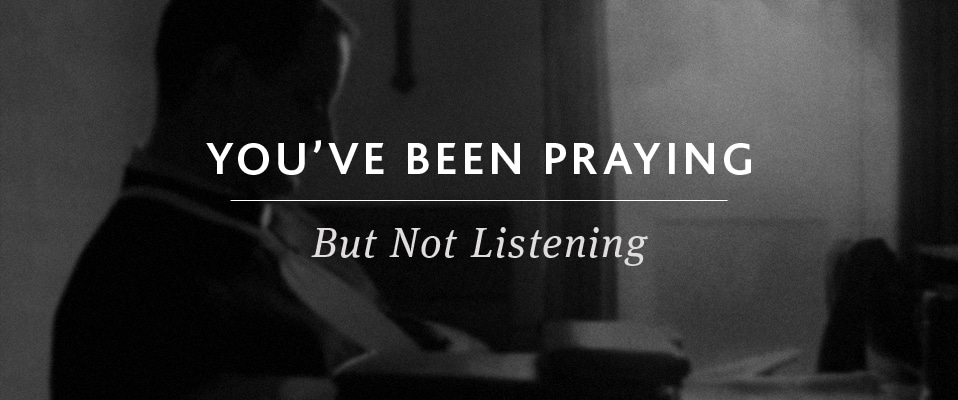My sister and I have recently started watching House of Cards on Netflix. I am riveted by this fictional Washington, where double-dealing and coercion always seem to trump any shade of goodness. While I have intently watched a half-dozen episodes so far, I haven’t yet been tempted to binge-watch. This unaccustomed restraint isn’t due to a lack of interest, but rather my need to mull things over after each episode.
The world portrayed in House of Cards both fascinates and repels me. I pick over each episode like a hangnail you just can’t let be. As the players approach each new scenario with underhanded plots and machinations, I have to ask: is this really the nature of power?
What is power?

If you were to ask Frank Underwood, the brilliant and villainous protagonist played by Kevin Spacey, about power, he would tell you that, “There is but one rule: hunt or be hunted.” He would go on to explain that, “For those of us climbing to the top of the food chain, there can be no mercy.”
Most of us look at this type of power and say, “No thank you. That is not for us. No manipulation. No oppression. We like to share. We like to be fair and reasonable, just and equitable. We like choice, not coercion.”
We are, however, continually forced to consider our uneasy relationship with power. Most recently for me, it’s come up in my English Literature 12 class, as we’ve plunged into the first book of Milton’s Paradise Lost. While Milton’s epic poem explains humanity’s fall and God’s redemptive work, Book One discusses Satan’s unsuccessful attack on the throne of God and the catastrophic consequences.
Sympathy for the Devil?
We’ve been energetically preparing for an epic debate which will decide who is, in fact, the hero of Paradise Lost. While I’m pretty sure the hero is Jesus, I’ve learned not to be surprised when a good portion of my class sympathizes with the Devil. Satan may have made a few mistakes, he may have gotten himself into a bit of situation, they argue, but God is a tyrant. Why does he get to be in charge? What’s so wrong with a little ambition
Satan finds the idea of being subject to any authority, even the authority of God, completely unacceptable. Even as he forfeits the bright goodness and beauty of heaven, he claims that “In my choice, to reign is worth ambition though in Hell: Better to reign in Hell, than serve in Heaven” (Lines 261-63).

What a seductive idea this is, this promise that “You will be like God.” Many of us like to believe that “I am the master of my fate, I am the captain of my soul.” Many of us, even mildly dispassionate Canadians like myself and my students, can get enthusiastic about the idea that revolution and change in society is positive and necessary. We rightly fight with great dedication for civil rights, gender equality and economic justice.
We generally consider absolute authority as corrupt and manipulative, as it is in every human institution. The world, including the one portrayed in House of Cards, provides us myriad examples of this. So it’s not that surprising that my students find the idea of God’s rule over Heaven disturbing. For them, perhaps, the idea of an authority that is rightly just and absolute, deserving our complete loyalty and service, is difficult to whole-heartedly believe or accept.
The temptation is to distance ourselves from the fictional Frank Underwoods and others playing their own game of thrones, as well as from the all too real current political leaders or the wealthy and influential corporations, even from that colleague at work who always seems to maneuver his or her way into the best position. We say, “I am not that person; power doesn’t motivate me.”
And yet, in my own nature, I find I am exactly that person. I hide, manipulate the truth and bargain, so reluctant to give over my power to God. I do anything rather than submit myself to His loving and perfect authority. Over and over again, I make my own choices; I find it so hard to humble myself and accept the authority of God. In the dark corners of my heart, I am as ambitious as Satan and as power-hungry as Frank Underwood.
The Mind of Jesus
It is somewhat comforting to realize that I am not alone in this struggle. In his letter to the Philippians, Paul talks about the radical and difficult notion of humility, which so often opposes power. He challenges them, “Have this mind among yourselves, which is yours in Christ Jesus,who, though he was in the form of God, did not count equality with God a thing to be grasped, but emptied himself, by taking the form of a servant,being born in the likeness of men. And being found in human form, he humbled himself by becoming obedient to the point of death, even death on a cross” (Phil. 2:5-8).
In this staggering passage, Paul offers us the ultimate example of humility. Not only did Jesus turn aside from the glory that was due him as God, he even became one of us; born into time, poverty and suffering. Instead of being filled up with all the power that was his right, he emptied himself.
Emptying ourselves, giving up our own power, is a daily struggle for many of us. Paul reminds us that not only does Jesus provide us with the best example of humility, he gives us the best reason for humility. If we really believe that Jesus willingly gave up the ultimate position of power because he loves us, then we can be totally sure that he can be trusted with all particulars of our lives. As we practice trusting our crucified Saviour, our perception of power begins to look quite different. It begins to look more like Jesus.




